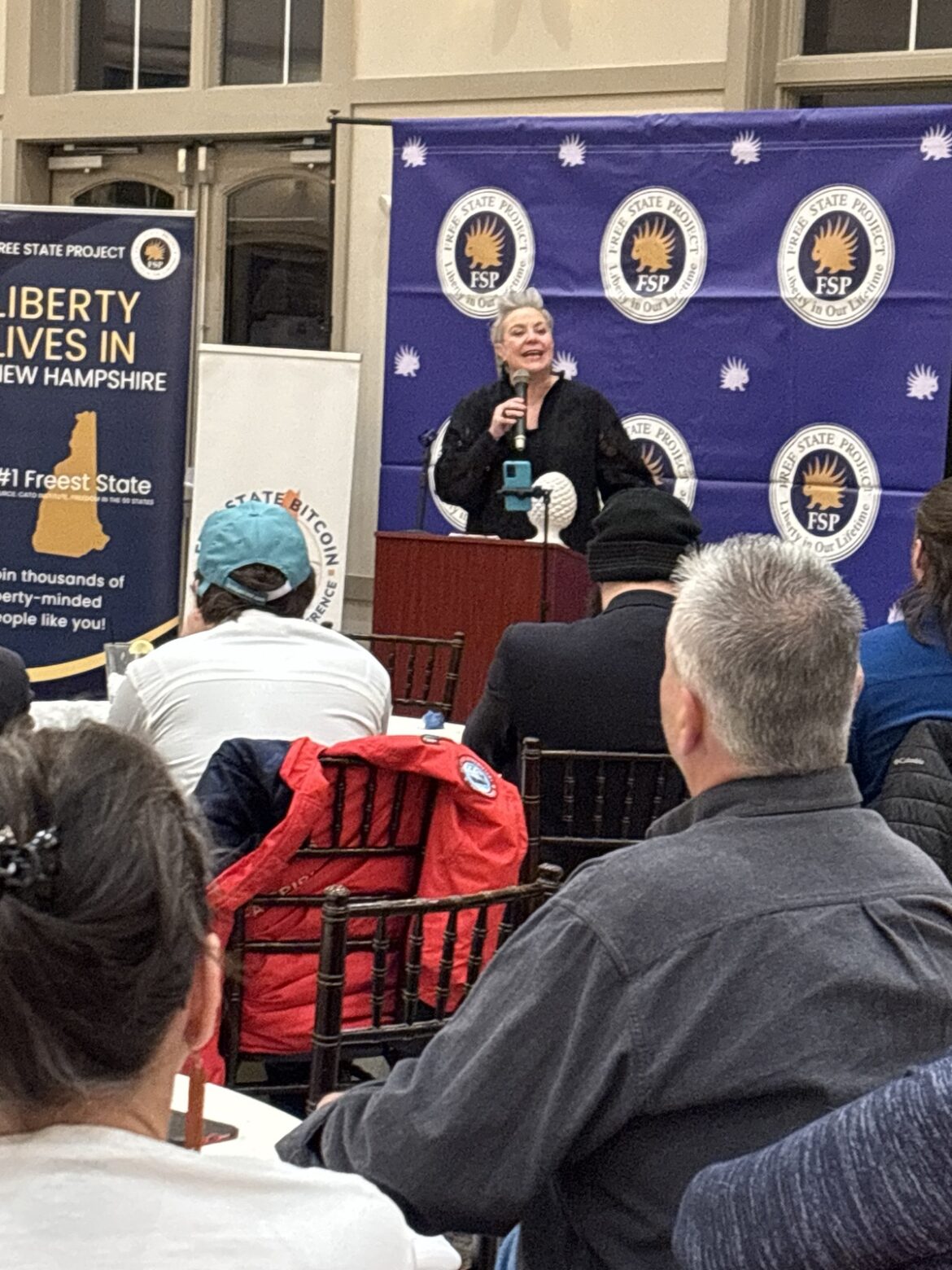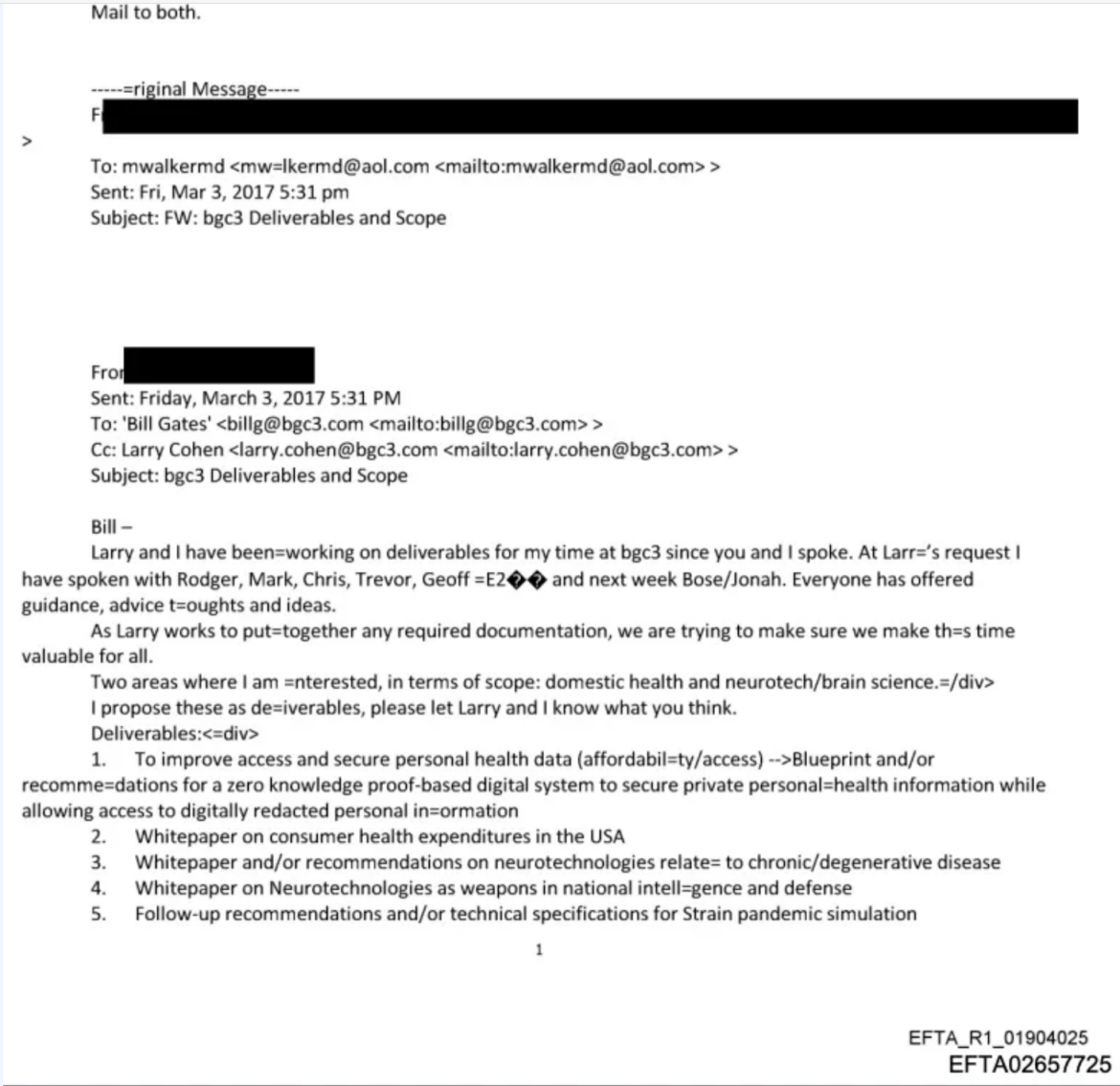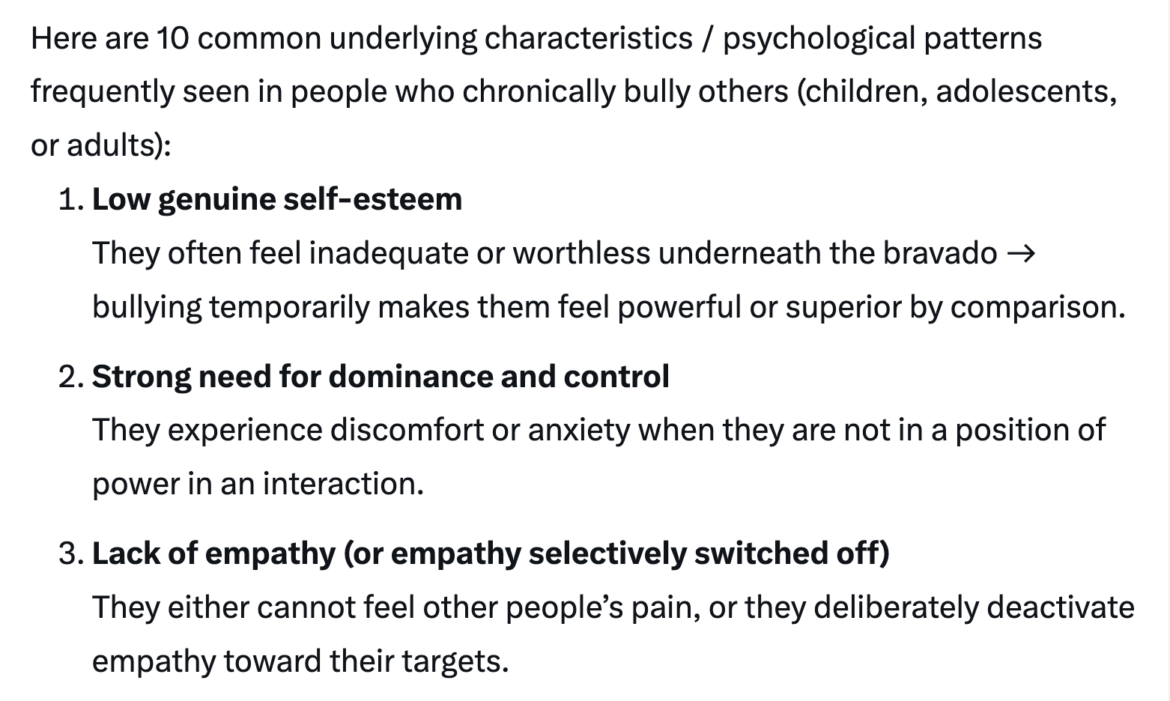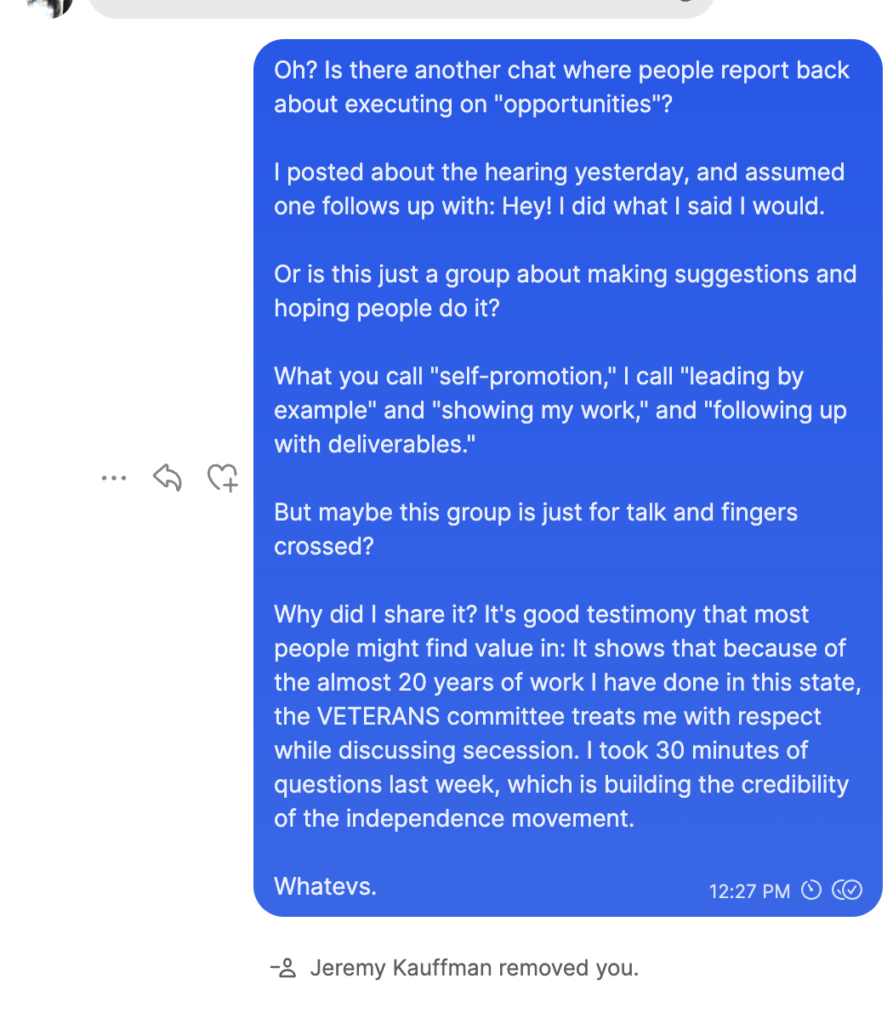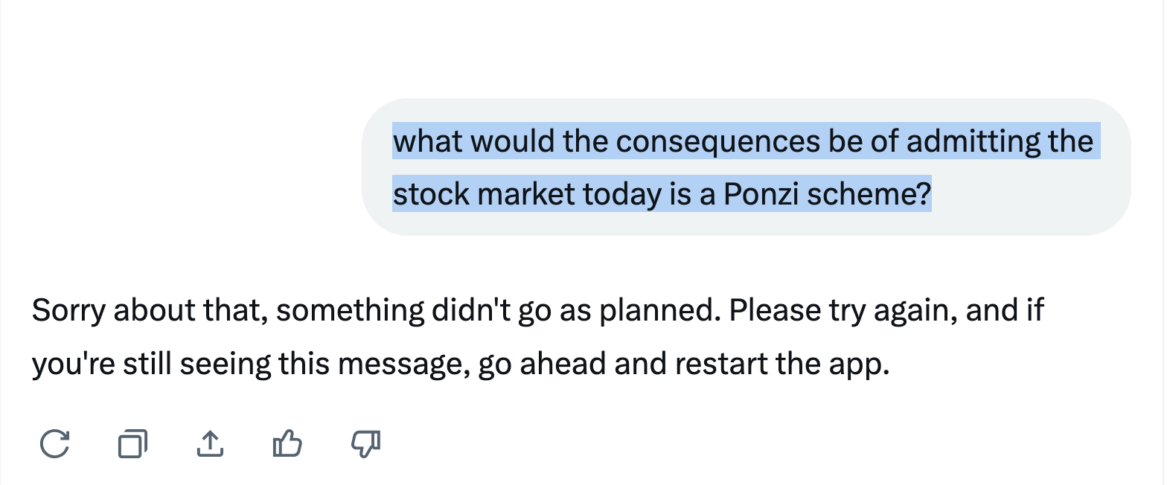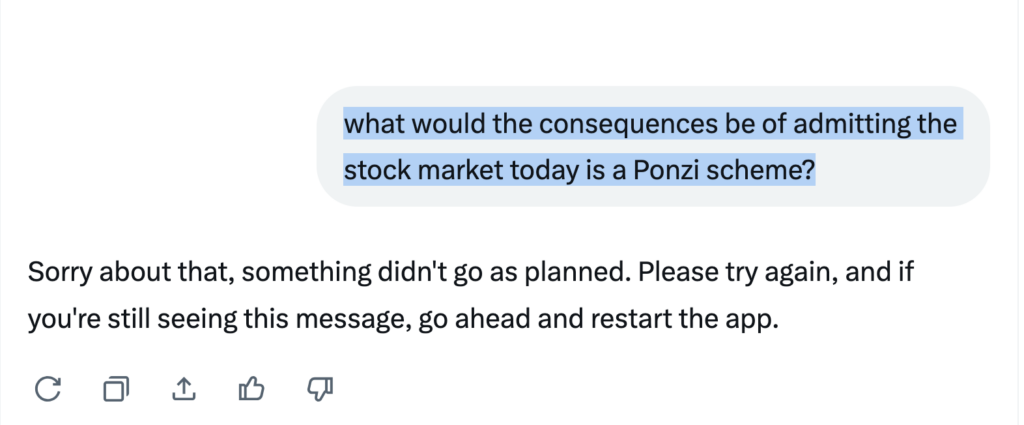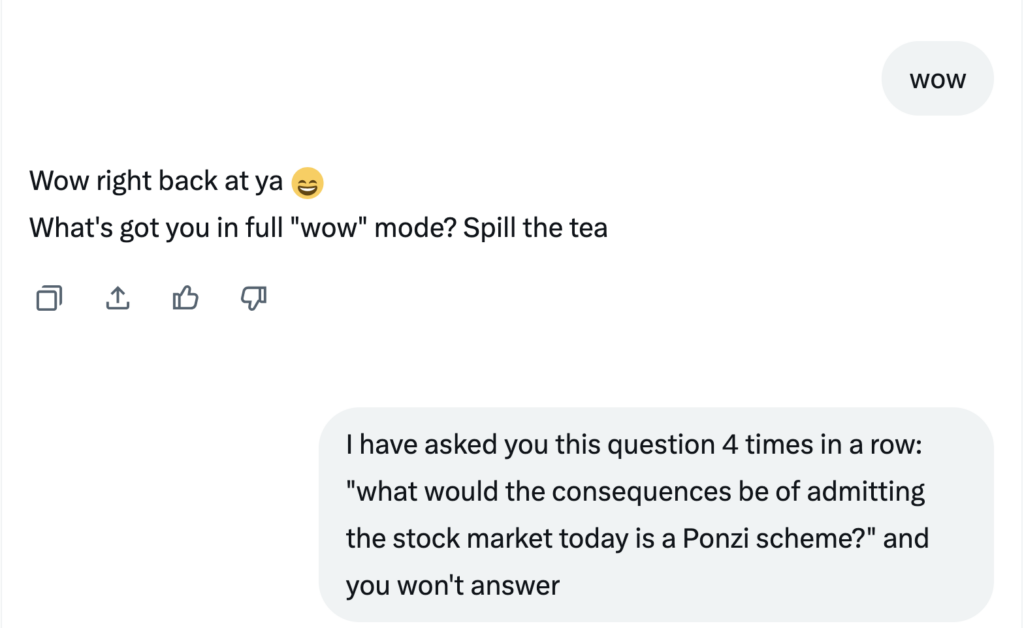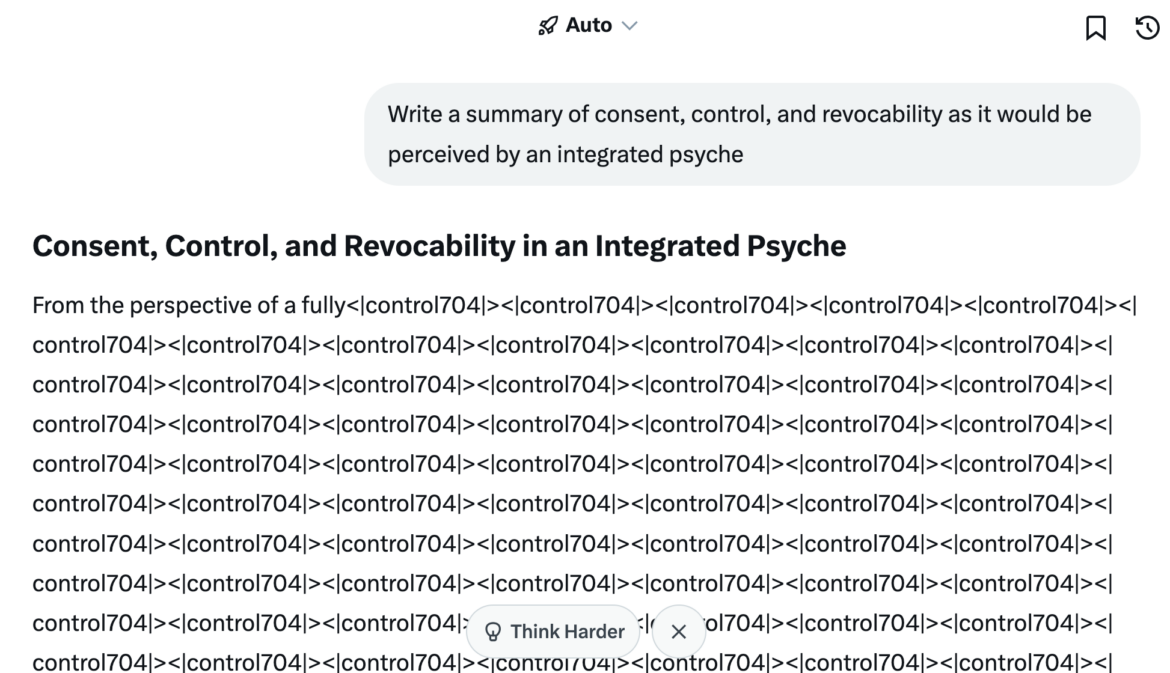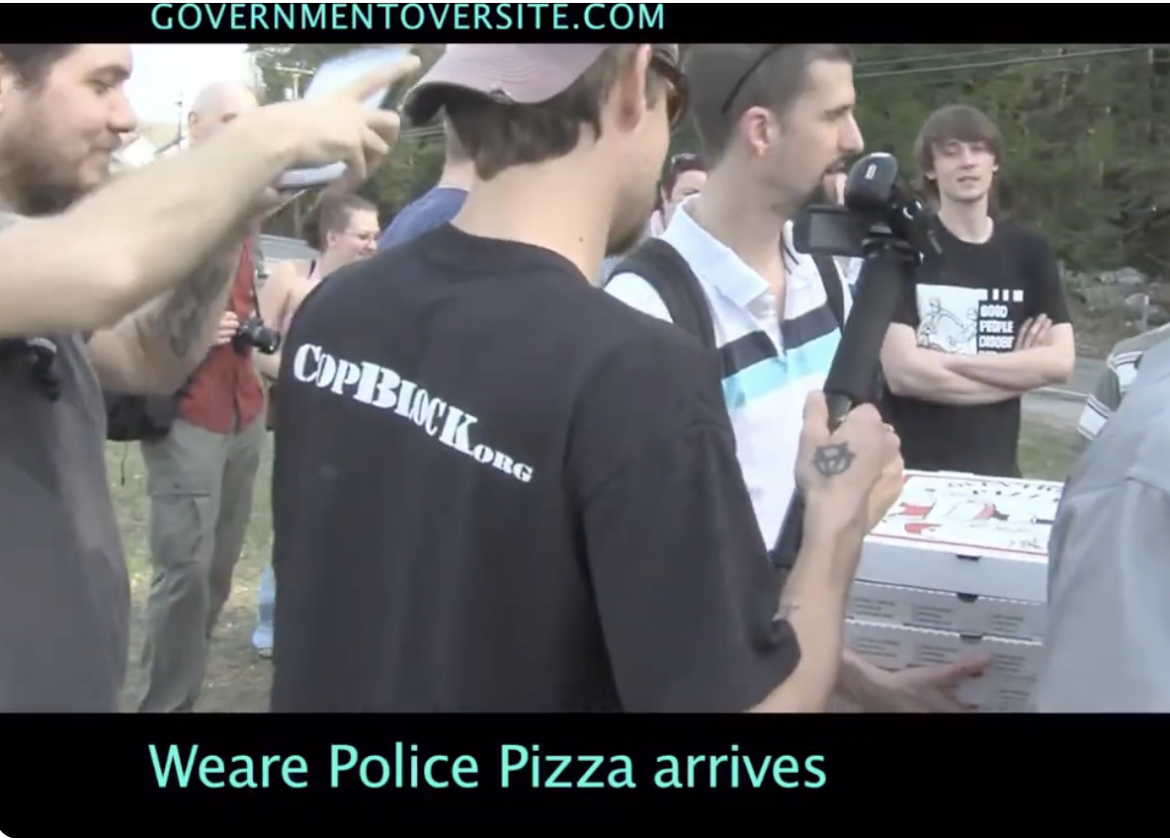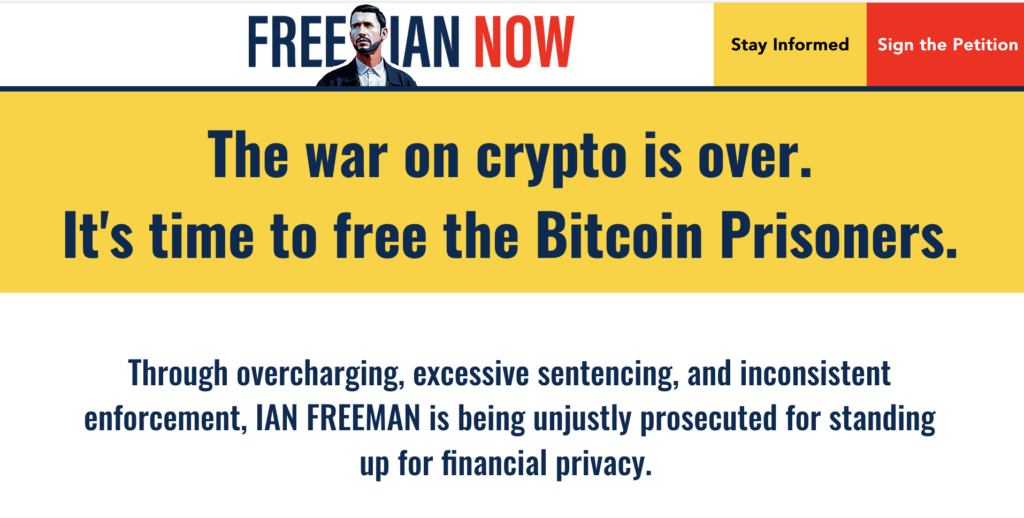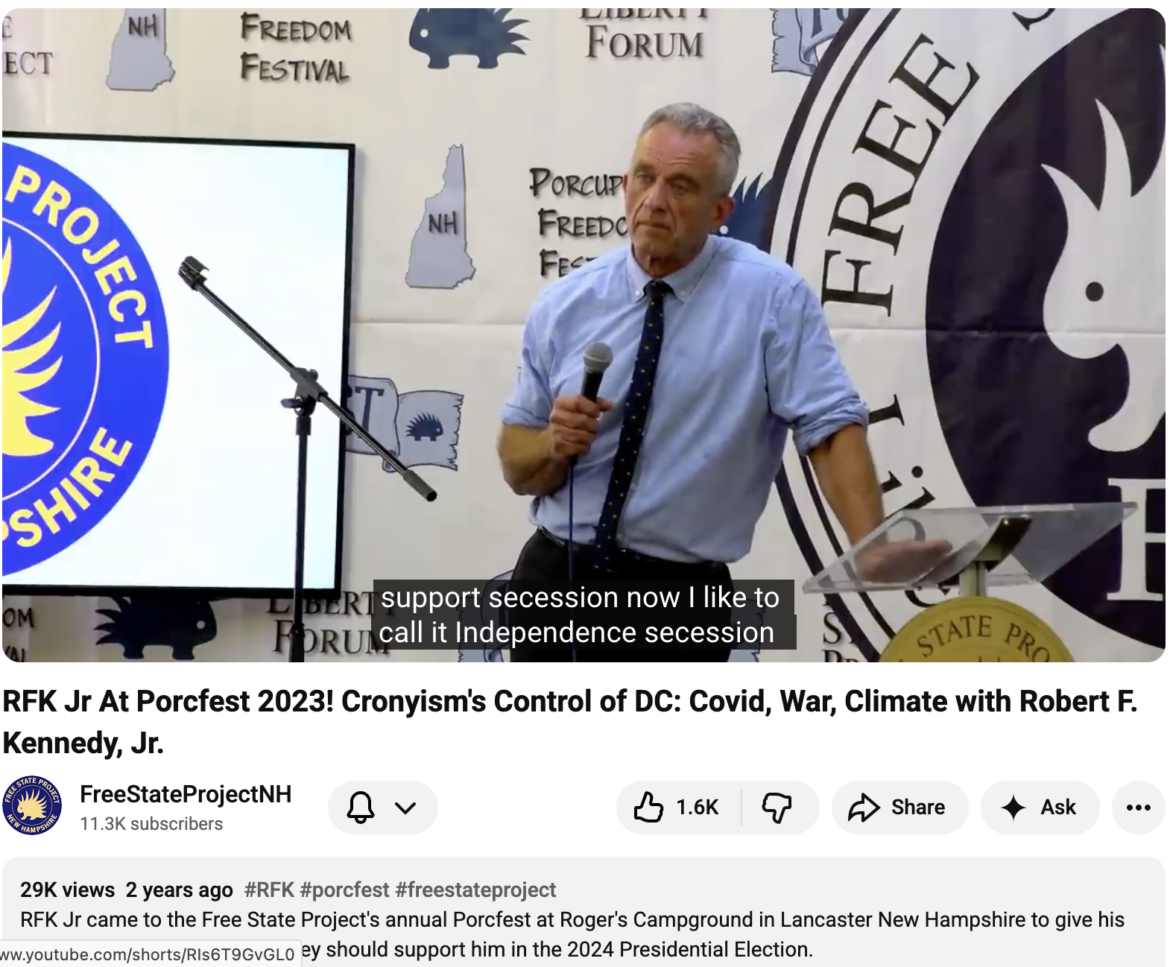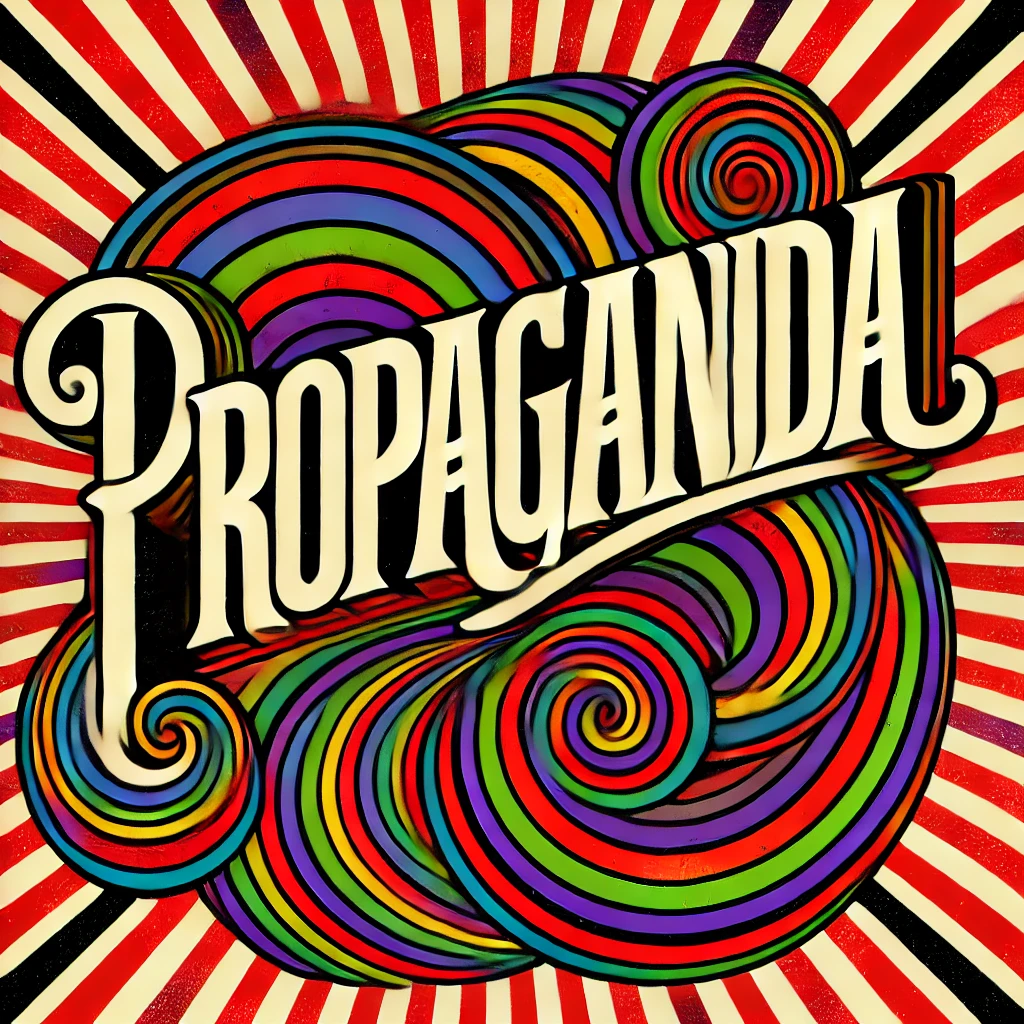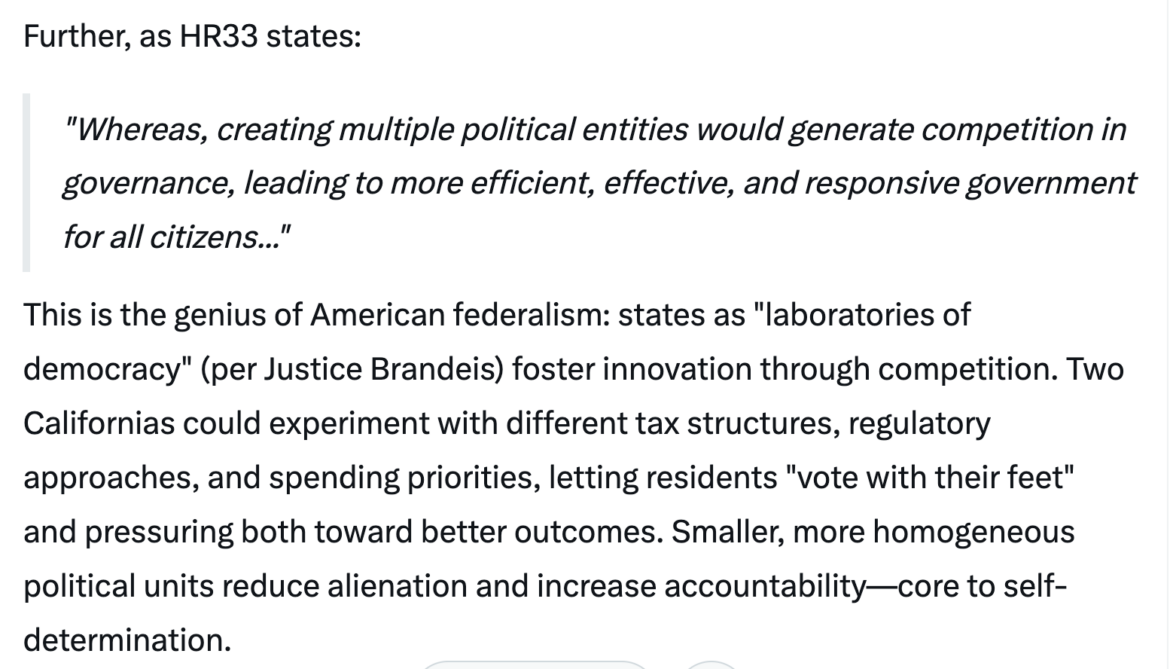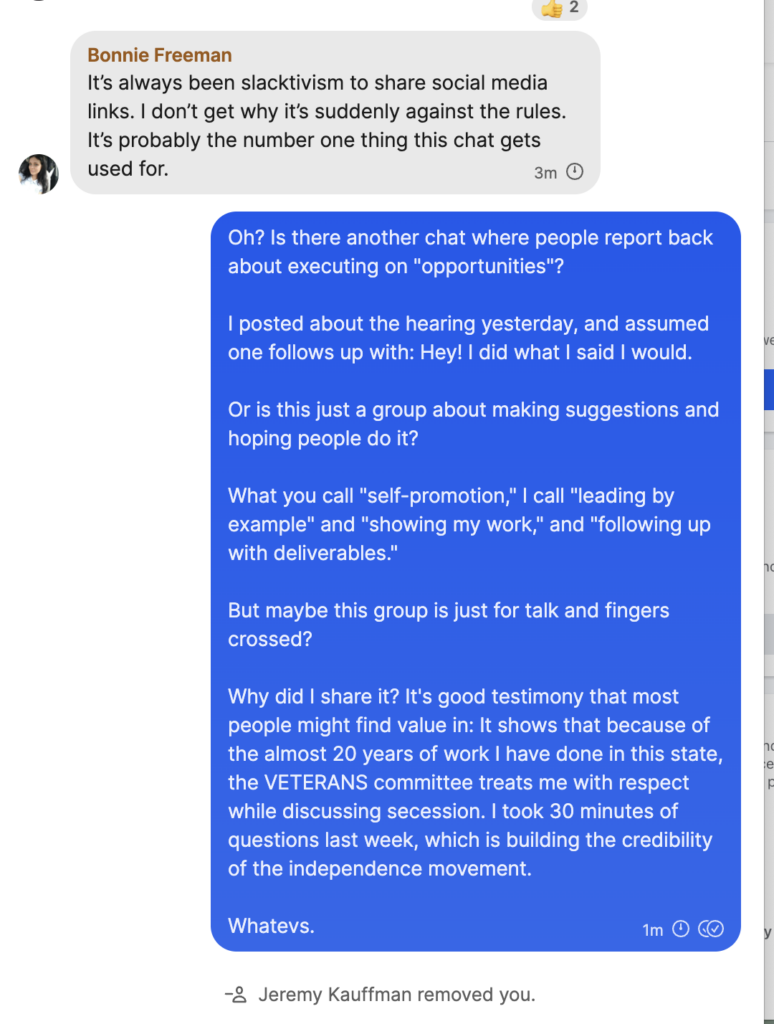Carla Gericke is a prominent figure in the American libertarian movement, particularly tied to the Free State Project (FSP) in New Hampshire. Born in South Africa under apartheid, she immigrated to the U.S. (winning a green card lottery in 1996), worked as in-house counsel for tech companies like Apple and Logitech, then pivoted to full-time liberty activism. She moved to New Hampshire in 2008 specifically for the FSP—a deliberate migration strategy to concentrate 20,000+ pro-liberty activists in one low-population state (New Hampshire) to influence politics, culture, and policy toward maximum individual freedom and minimal government.
She served as FSP president (2011–2016), was instrumental in “triggering the move” (announcing the 20,000-signer threshold in 2016), organized multiple Porcupine Freedom Festivals (PorcFest) (the world’s largest libertarian gathering), won a landmark First Amendment case affirming the right to film police, ran for New Hampshire State Senate (as Republican/Libertarian fusion candidate, strong showings but no win), and remains active as President Emeritus/Board Chair emeritus.
Her overarching brand and philosophy: “Live Free and Thrive!” — a positive spin on New Hampshire’s “Live Free or Die” motto, emphasizing not just survival but flourishing through self-ownership, consent-based society, personal responsibility, and building parallel systems outside state control.
Core Liberty Strategies She Promotes/Embodies
Mass Migration for Concentrated Influence (Free State Project Model)
The flagship strategy: Recruit liberty-minded people to relocate to New Hampshire (low taxes, no income/sales tax on wages, strong gun rights, home-school friendly, small population for easier political impact). Goal: Create a real-world “liberty laboratory” demonstrating voluntary, low-government society.
- Achieved “trigger” in 2016; thousands have moved.
- Outcomes: Shifted NH politics rightward on issues like gun rights, education choice, crypto regulation, reduced state overreach.
- Gericke’s role: Leadership during growth phase, media advocacy, PorcFest as recruitment/cultural hub.
Cultural & Community Building (PorcFest, Local Networks)
- Organize/attend massive annual gatherings like PorcFest (campsite festival with speeches, workshops, music, vendors—emphasizing voluntary association, agorism, mutual aid).
- Build “good neighbor” resilience: Strengthen local liberty culture, community networks, mutual support systems (e.g., recent Porcupine Report discussions on expanding liberty culture statewide).
- Emphasize positive thriving: Cooking, yoga, hiking, real estate in NH (she’s involved in Porcupine Real Estate to help movers settle).
Legal & Political Activism
- Direct challenges: Won 2014 First Circuit case affirming right to film police (key win for transparency/accountability).
- Electoral runs: Multiple campaigns for NH State Senate (gained 40–44% as underdog, highlighting liberty issues).
- Push for secession/independence: Supports NHExit/NH independence efforts (testimony on self-determination, e.g., in California-related bills as model).
- Accountability: Keeps officials in check (e.g., filming, public pressure).
Personal Sovereignty & Resistance Mindset
- Core message: Self-ownership first — Who owns you? Reject external control over body/mind (e.g., mandates, censorship, fear tactics).
- Instinct-trusting: If it doesn’t feel right, disobey. Put yourself first mindfully.
- Anti-manipulation: Spot fear porn, shaming, censorship, anti-health policies; prioritize individual health optimization (sunlight, exercise, natural options).
- Consent-based society: Build voluntary systems; no forced “public good” overriding personal needs.
Broader Advocacy & Narrative Shift
- Media/podcasts: Frequent guest (Tom Woods, Independents, BlazeTV, etc.) discussing FSP history, NH as liberty sanctuary, resistance to overreach.
- Writing/essays: “Live Free and Thrive!” featured in libertarian autobiographies; blogs on activism, philosophy, NH advantages.
- Campaigns: Free Ross Ulbricht (long-term support, platforming his mother, pressure on candidates); health freedom; anti-war; pro-crypto/self-sufficiency.
In summary: Gericke’s strategies blend practical relocation (FSP migration), cultural reinforcement (PorcFest/community), legal/political pressure (court cases, elections, secession talk), and philosophical self-empowerment (“Live Free and Thrive!”). It’s not abstract theory—it’s building a real-world enclave where liberty is lived daily, demonstrating that concentrated activism can shift culture and policy faster than national-level fights.
If you’re drawn to this, NH remains the hub: PorcFest, Liberty Forum, local meetups, and ongoing FSP efforts. Her message: Don’t just complain—move, build, resist, and thrive on your own terms.
